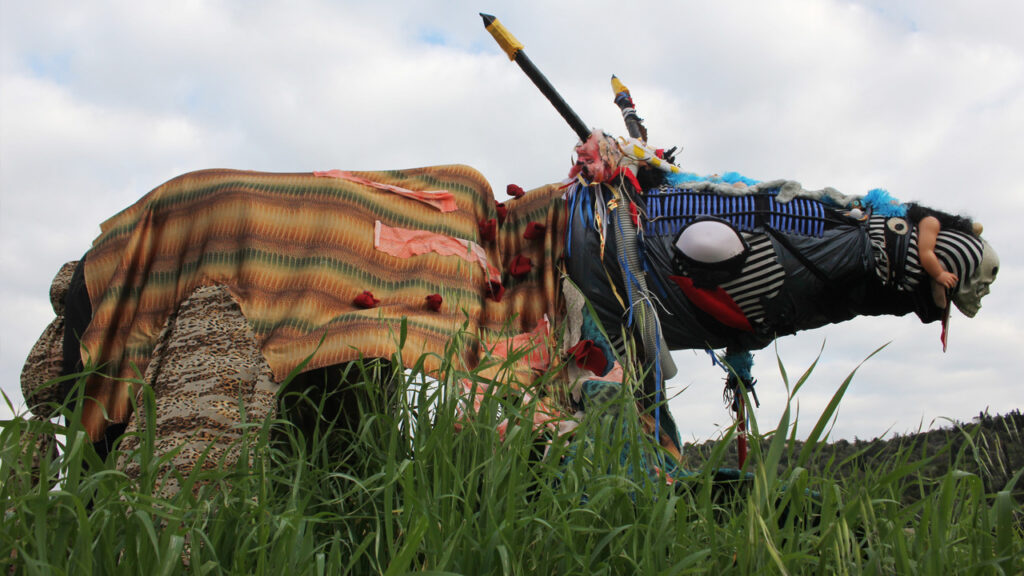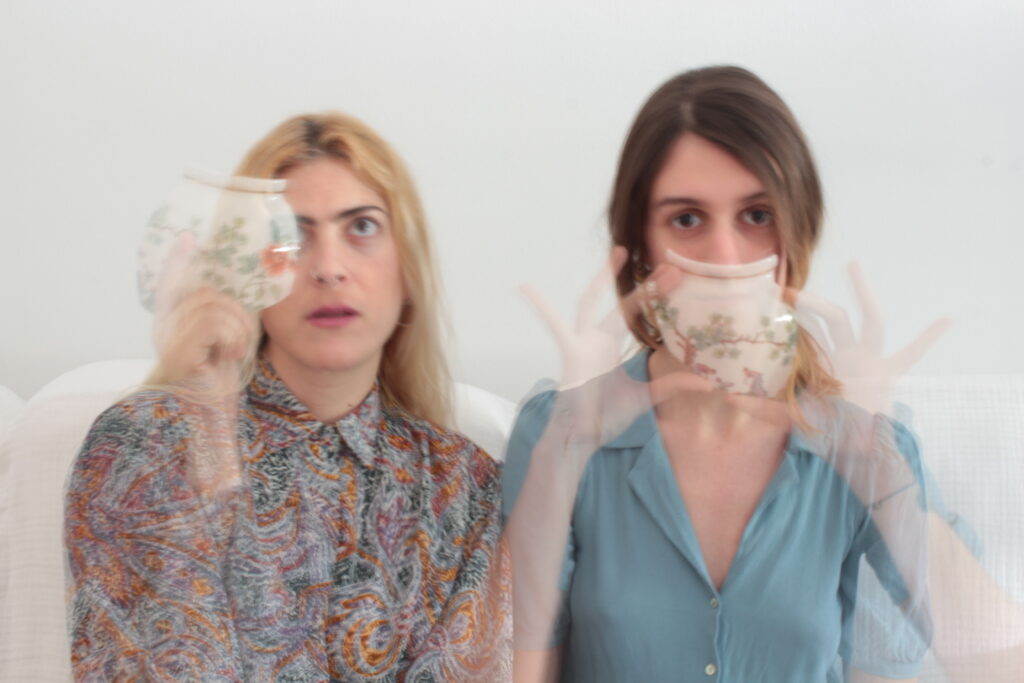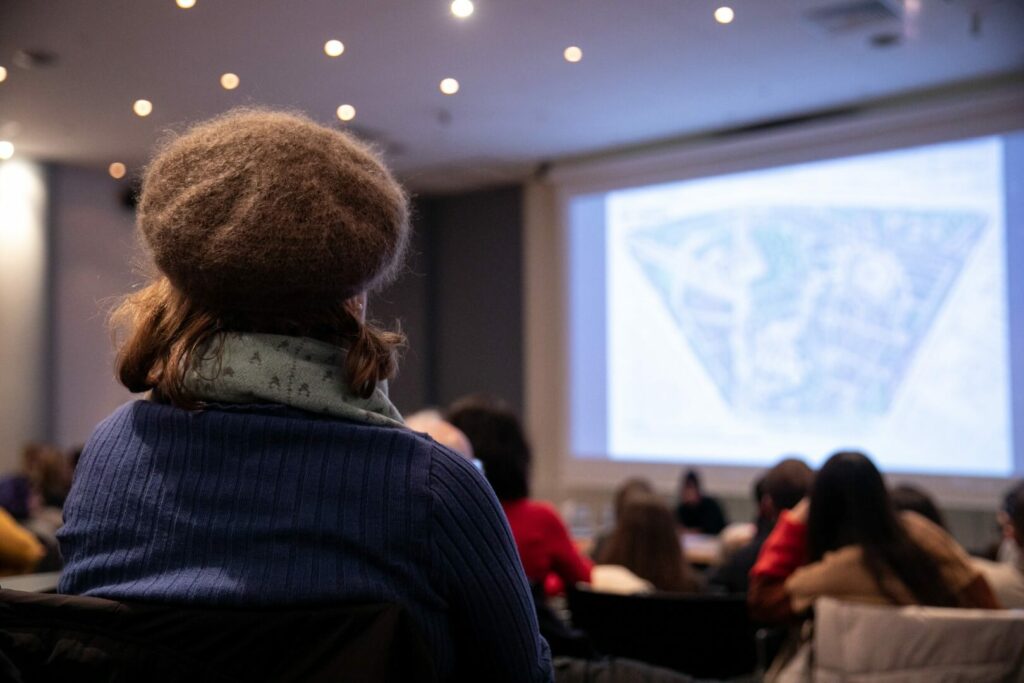EVENTS
Sunday, May 14, 2023, 14:00
Saturday 13 May, 21:00
Friday 12 May, 21:00
Thursday 11 May, 21:00
Wednesday 10 May, 21:00
Tuesday 09 May, 21:00
Saturday, 29 April 2023, 18:00
Saturday, 04 March 2023, 18:00
Sunday, 05 March 2023, 12:00
Thursday, December 15, 2022, 17:00-20:00
BIENNALE 8
GEOCULTURA
The exchange of ideas, values and norms, within a context of a multitude of cultural, geographical and political debates and conflicts, is at the core of the concept of 'geoculture' in the political and social sciences. This is the rationale behind the decision of the 8th edition of Thessaloniki's Biennale of Contemporary Art to turn its attention to the terms 'land' (“geo-”) and 'culture', connecting the cultivation of land with culture, understood as a set of resources, texts and practices which are available to people, helping them better understand and more effectively act in the world. It explores issues of memory, history, and managing both the natural and man-made environment, under the conditions of the climate, economic and refugee crises.
The participating artists focus on histories of places and people; they touch upon issues of identity, ethics, equity and sustainability; they suggest improvised ecological technologies; they explore the potential for collective existence and question the systems by which production, consumption and profitability are organized; they put into practice ideas of resource sharing and equitable living, as well as ways of reassessing the commodification of human and non-human life. Through their works, imagination becomes a crucial factor in facilitating the audience to imagine different versions of the future.
Firmly believing that art broadens our understanding of the world, the 8th Biennale seeks not only to raise environmental awareness, but also to multiply future possibilities, with new claims and visions. The 8th Thessaloniki Biennale of Contemporary Art aspires to serve as a means of communication with the world, as an act of justice and freedom, of trust and progressive thinking.
The Thessaloniki Biennale of Contemporary Art is financed by Greece and the European Union (European Regional Development Fund) is organised by MOMus and implemented by MOMus-Museum of Contemporary Art-Macedonian Museum of Contemporary Art and State Museum of Contemporary Art Collections.


The participating artists focus on histories of places and people; they touch upon issues of identity, ethics, equity and sustainability; they suggest improvised ecological technologies; they explore the potential for collective existence and question the systems by which production, consumption and profitability are organized; they put into practice ideas of resource sharing and equitable living, as well as ways of reassessing the commodification of human and non-human life. Through their works, imagination becomes a crucial factor in facilitating the audience to imagine different versions of the future.
Firmly believing that art broadens our understanding of the world, the 8th Biennale seeks not only to raise environmental awareness, but also to multiply future possibilities, with new claims and visions. The 8th Thessaloniki Biennale of Contemporary Art aspires to serve as a means of communication with the world, as an act of justice and freedom, of trust and progressive thinking.
The Thessaloniki Biennale of Contemporary Art is financed by Greece and the European Union (European Regional Development Fund) is organised by MOMus and implemented by MOMus-Museum of Contemporary Art-Macedonian Museum of Contemporary Art and State Museum of Contemporary Art Collections.












